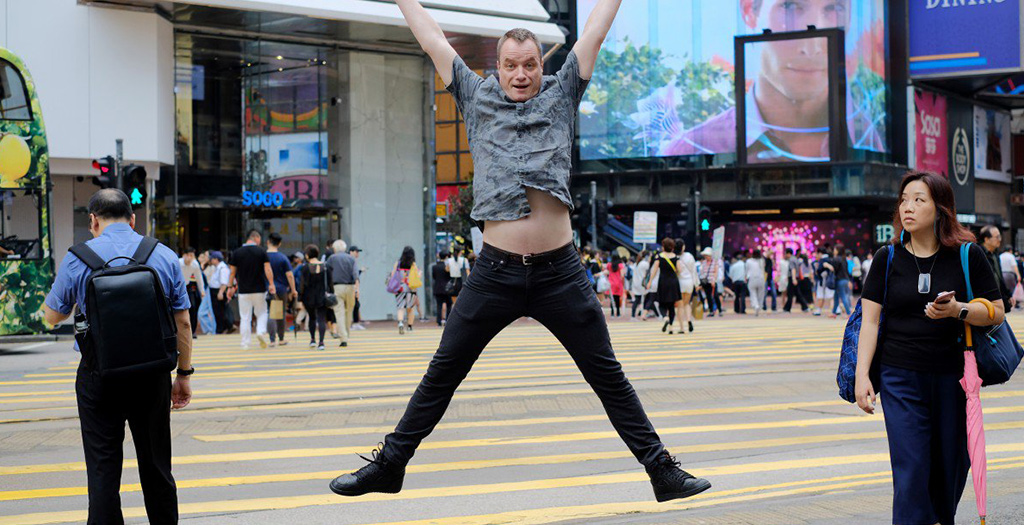During a visit to Hong Kong and China to speak with LGBT+ groups about changing attitudes towards homosexuality, Rory O’Neill (also known as Panti Bliss) told the audience that it’s only a matter of time before other parts of Asia start following in Taiwan’s footsteps to legalise same-sex marriage.
On International Day Against Homophobia, Transphobia and Biphobia, Taiwan made history by becoming the first country in Asia to legalise same-sex marriage.
The country’s parliament voted in favour of a bill offering same-sex couples similar rights to opposite-sex couples. The marriage equality bill passed with 99 lawmakers voting in favour, 66 opposing and 27 abstaining.
Panti Bliss was instrumental in the 2015 Marriage Equality campaign in Ireland and insisted that the “general arc is moving towards equality” around the world, despite every country’s journey towards marriage equality being different. “And what Taiwan will do for this part of the world is to show the rest of Asia that the sky doesn’t fall down, that kids still go to school and the sun still comes up in the morning when you allow gays to get married.
“Doing it legislatively does not change hearts and minds but legislation can lead the way – it can open a door and a space for gay people to get married, and for the rest of Taiwan to see that their neighbours got married and six months later everything is fine and they are still good neighbours,” O’Neill continued.

“What people say to me is that Asia is a special case because it is very conservative and family-orientated, well the country I grew up in is exactly the same. Ireland was so conservative, was deeply Catholic and family-oriented, yet Ireland changed its views,” he said.
Speaking about the changes that have occurred in Ireland since the decriminalisation of homosexuality in 1993, O’Neill said: “I hope Ireland’s story to the rest of the world is that remarkable change is possible, dramatic change is possible.”
LGBT+ rights in Asia are limited in comparison to many other areas of the world. Taiwan is indeed becoming a beacon of progress for the region, while some say that countries such as Indonesia and Malaysia are going backwards.
LGBT+ activists have made significant progress in Asia in recent years but only a minority of countries recognise same-sex unions. Homosexuality remains illegal in some countries where same-sex intercourse can be punished by fines, caning or prison sentences. In Brunei, sex between men was recently made punishable by death. However, due to global pressure, it was announced that the law would not be enforced.
Despite the challenges the LGBT+ community faces across Asia, O’Neill insists that marriage equality is inevitable. “Very little will change on the ground until straight people know more queer people. The more you get to know queer people [the more you realise we] are just as boring and ordinary as everyone else,” he says, joking that “Nobody is as fabulous as me.”

O’Neill said that what changes societies is “The power of the personal story and coming out.” He added “I understand it is difficult but it was also difficult 30 to 40 years ago when I started coming out. It gets easier.”
O’Neill believes that the next places in Asia to follow Taiwan’s lead could be Thailand, the Philippines and Vietnam.
© 2019 GCN (Gay Community News). All rights reserved.
Support GCN
GCN is a free, vital resource for Ireland’s LGBTQ+ community since 1988.
GCN is a trading name of National LGBT Federation CLG, a registered charity - Charity Number: 20034580.
GCN relies on the generous support of the community and allies to sustain the crucial work that we do. Producing GCN is costly, and, in an industry which has been hugely impacted by rising costs, we need your support to help sustain and grow this vital resource.
Supporting GCN for as little as €1.99 per month will help us continue our work as Ireland’s free, independent LGBTQ+ media.
